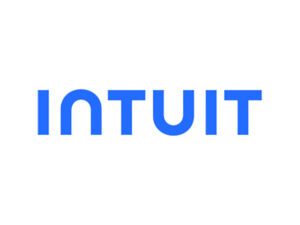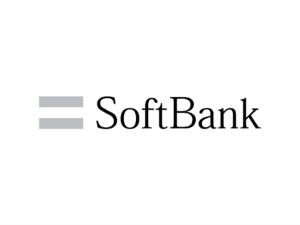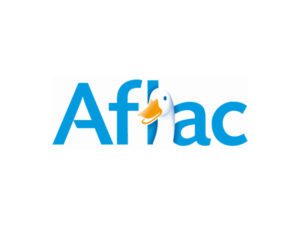The Government Is Now Turning To The Private Sector For Better Cybersecurity
-

-
AuthorNok Nok News
-
Published2 Mar 2023
-
0 commentsJoin Conversation
Government data is some of the most valuable in the United States. Some of it, like data on the citizenry, contains important private information, such as social security numbers, that can be used for identity theft. Other data, such as military or economic information, can be valuable for theft and personal usage or sold to interested parties.
Because of this, government cybersecurity has always been a driving consideration. However, the government doesn’t rely strictly on internal security measures coded by their agencies. Increasingly, the private sector has been providing cybersecurity measures in key areas, with two companies, in particular, making great strides.
A Partnership For Better Cybersecurity
Ping Identity in Colorado and UberEther in Virginia are two prominent American software companies that now work closely with the government on two major fronts; security and identity management. The government had always been interested in improving cybersecurity, particularly identity management, but this need was accelerated two years ago, as the global pandemic began. More and more government workers needed access to their data while working from home. This need for remote access was hampered by legacy security systems that had never intended that kind of access.
Ping Identity and UberEther helped government agencies from municipal, state, and Federal to transition to identity management systems that operated in a hybrid environment. Workers needed flexible systems that allowed them the expected onsite access but also gave them the flexibility to use could-based resources if required.
At the same time, this greater convenience still needed to operate in a “zero trust” environment that assumed all queries were hostile and required multi-factor authentication to verify identities. The days of a single password granting total access wouldn’t work under these more demanding security constraints while providing greater work flexibility.
FIDO Helps
Because of the collaboration between companies like Ping Identity, UberEther, and the Fast Identity Online Association, or FIDO, passwordless multi-factor authentication has become more feasible to implement seamlessly across multiple platforms. Workers are no longer restricted to specific software on specific hardware, allowing people to use more devices in different locations without compromising the sensitive data that must be restricted to only authorized personnel.
Identity management has become increasingly complex as data resides online but must be retrieved from other locations and devices. Passwordless multifactor authentication technology is crucial in providing a way for the government to conveniently access this data while still protecting it.
If you’re interested in improving your cybersecurity, you can learn more here about Nok Nok’s multifactor authentication technology and passwordless security measures.









